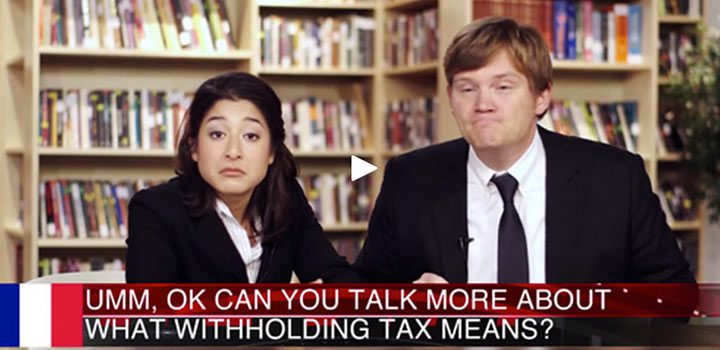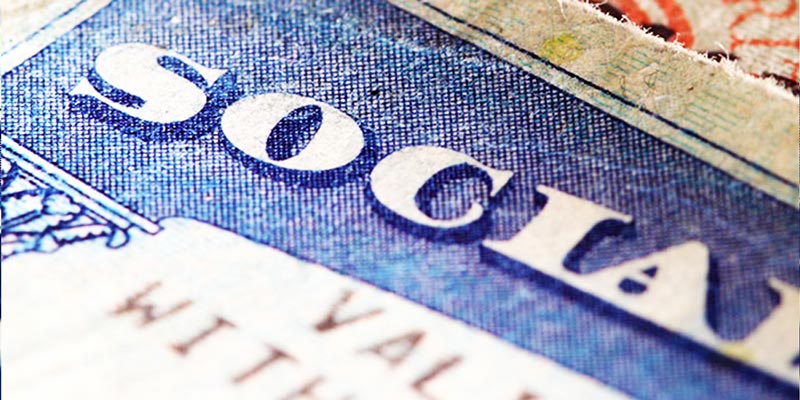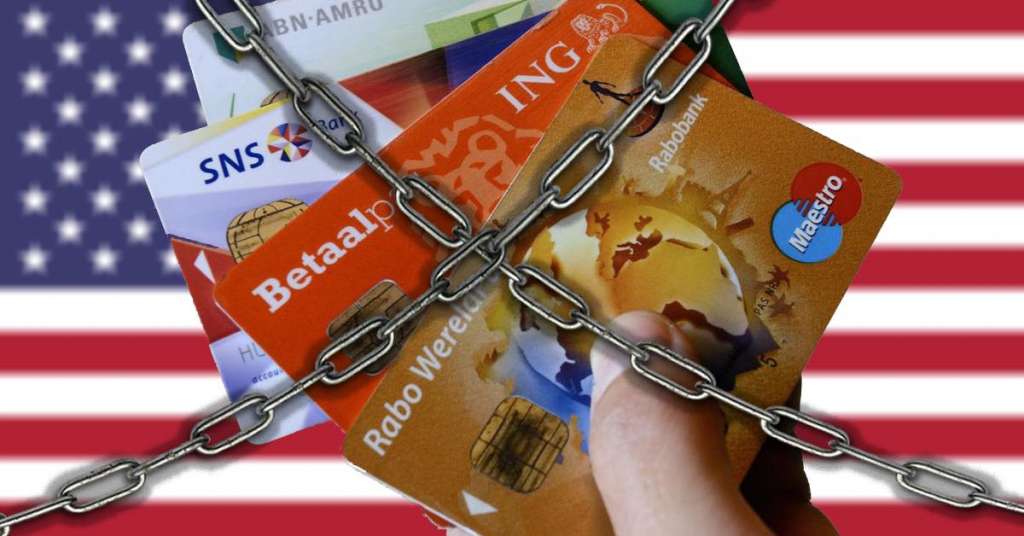
You’ve received a FATCA letter from your Swedish bank, now what?

Summary
Since 2014, Swedish banks have been sending letters to Swedish Americans informing them of the Foreign Account Tax Compliance Act (FATCA). The letters state that the recipient’s American citizenship may trigger a requirement for the bank to report information about their accounts to the US Internal Revenue Service (IRS). The FATCA letter might have a direct impact on you if you are a US person with assets in Sweden.
Are you a Swedish citizen with an American background who recently received a FATCA letter from your Swedish bank? You should not disregard this letter. These are the most important details about the letter from your Swedish bank.
What is FATCA and why should I care?
The Foreign Account Tax Compliance Act (FATCA) is a new piece of legislation by the United States Department of Treasury (Treasury) and the US Internal Revenue Service (IRS) to counter tax evasion.
Each country must sign the FACTA agreement for it to apply in the country. Countries and financial institutions that do not sign the agreement risk paying 30% taxes on payments from the US.
The Swedish-American FATCA Agreement was signed on August 8, 2014, and entered into force on 1 April 2015. The agreement is reciprocal, which means that the IRS will have access to information about US citizens’ capital assets and revenue managed by or paid to Swedish financial entities. Similarly, the Swedish Tax Agency obtains information about the Swedish citizen’s assets and revenue managed by or paid to US financial entities.
As a result, if you are a US person with assets in Sweden, FATCA may have a direct impact on you.
Swedish banks sending FATCA letters
Since 2014, Swedish banks have been sending letters to Swedish Americans informing them of FATCA. The letters state that the recipient’s American citizenship may trigger a requirement for the bank to report information about their accounts to the IRS.
Swedish Americans who have never lived in the US may be surprised to receive such a letter. However, FATCA is a US law that requires foreign financial institutions to report information about Americans’ accounts to the IRS. This includes accounts held by Americans who have never lived in the US.
Examples of Swedish banks sending FATCA letters
Swedish banks like Nordea, Handelsbanken, Skandinaviska Enskilda Banken (SEB), Swedbank, Skandia, or the Skatteverket are required to send these letters because they are considered “foreign financial institutions” under FATCA. The letters are sent to Swedish Americans who are considered “US persons” under FATCA.
US persons include US citizens and green card holders, as well as some people who have never lived in the US. Swedish Americans who receive these letters should not be alarmed.
I received a FATCA letter from my Swedish bank
You have not done anything wrong if you received a FATCA Sverige letter from your bank. It is simply a request for account information. You should respond as soon as possible to the letter.
If you do not, your account may be closed or blocked.
The bottom line is that it’s wise to be aware of your American tax obligations and undertake steps to file the necessary tax returns: Americans Overseas can assist you in these matters free of charge and without obligations.
Need more information about FATCA Sverige and your American tax obligation?
We, the founders of Americans Overseas, were born in the Netherlands and obtained our American nationality through our (American) mother. When we heard about this for the first time around 2013, we were in total disbelief (it can’t be true!), anger (how can they do this?), fear (am I going to get fined or pick up other problems?), and panic (what should I do?).
It is (unfortunately) true that there is an additional American tax levy. But there’s no information from the local government, and when approached, the consulate referred us to the IRS, and the IRS was impenetrable.
That’s why we started this initiative to help people from all over the world by providing proper information to avoid unnecessary panic, and offering help free of obligation and free of charge. If needed, we have a network of affordable professionals (accountants) who can help you with your tax obligations.
If you have more questions about the FATCA Sverige or the American tax obligation you can contact us at Americans Overseas.
Contact us for more information
Sources FATCA Sverige
Frequently asked questions
Understanding the US tax system, the obligations, and all the additional terms can be difficult. Especially if one lives outside of America. Is your question not answered? Contact us.
-
Who is required to file taxes in the US?
U.S. citizens and resident aliens who live abroad are generally required to file a federal income tax return and pay taxes on their worldwide income.
Read more... about Who is required to file taxes in the US? -
Do US citizens living abroad still have to file taxes in the US?
Yes, US citizens are required to file taxes on their worldwide income, regardless of where they are living.
Read more... about Do US citizens living abroad still have to file taxes in the US? -
How can I cash my US check?
Received an American check? You can cash your check in the following ways: cash the check at your own bank, transfer to another person (endorsement), cash checks using an online service or cash the check by another bank.
Read more... about How can I cash my US check? -
Are there any special tax forms required for US citizens living abroad?
US citizens living abroad may be required to file Form 2555 and/or Form 1116 to claim the foreign-earned income exclusion.
Read more... about Are there any special tax forms required for US citizens living abroad? -
What is FBAR filing?
FBAR (Foreign Bank Account Report) filing is the requirement for certain U.S. individuals and entities to report their foreign financial accounts to the Financial Crimes Enforcement Network (FinCEN) of the U.S. Department of Treasury. The FBAR filing requirement applies to U.S. persons who have a financial interest in, or signature authority over, one or more foreign financial accounts if the aggregate value of those accounts exceeds $10,000 at any time during the calendar year.
Read more... about What is FBAR filing?





